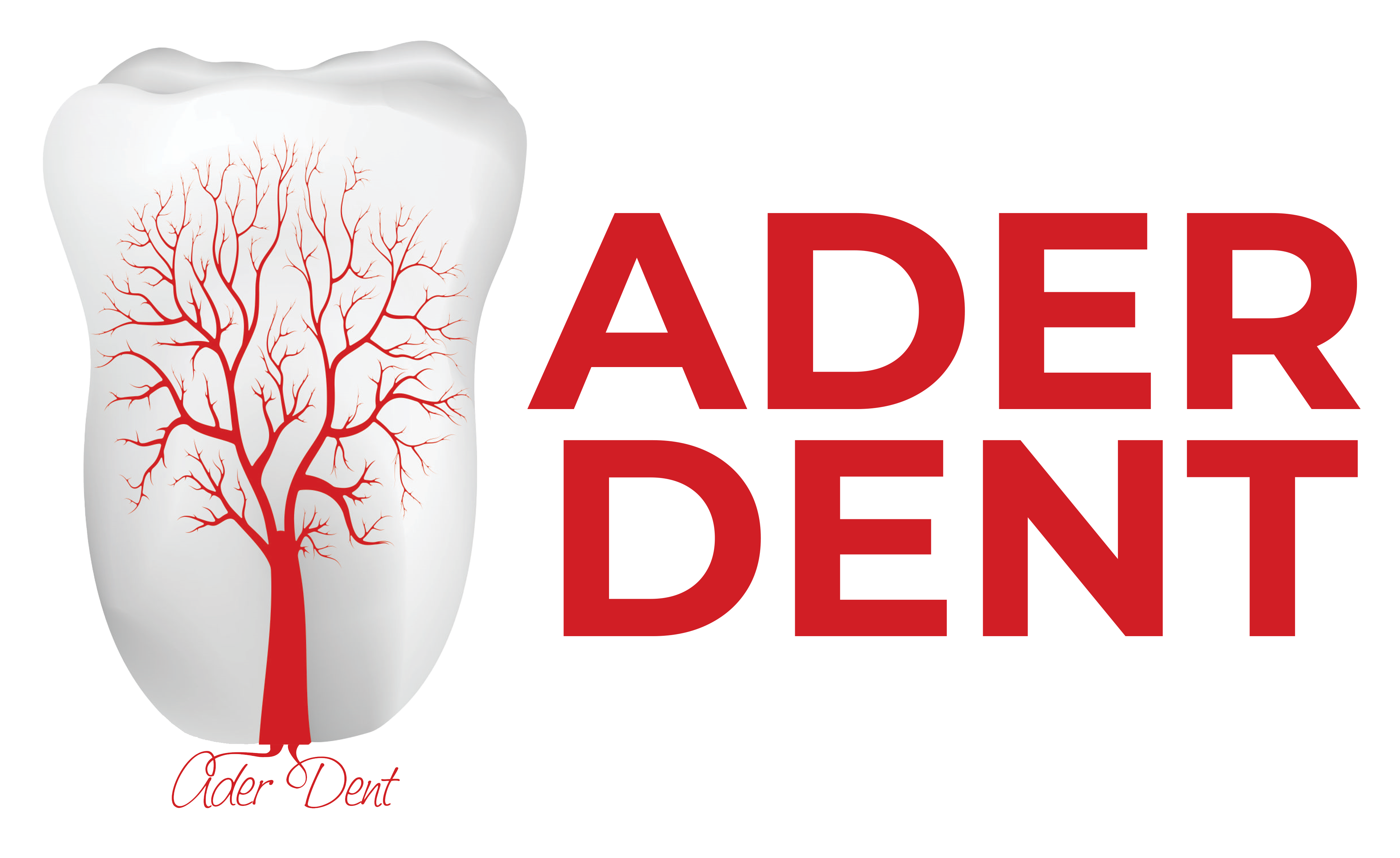An implant is a screw- or root-shaped structure, usually made of titanium, placed into the jawbone to replace missing teeth and allow fixed or removable teeth to be placed on it. Missing teeth in oral and dental health can cause serious problems not only aesthetically but also in chewing and speaking functions. With implant treatment, both chewing performance is restored and long-term oral health is maintained.
Dental implant treatment is suitable for adults who have lost one or more teeth, have a healthy jawbone, and whose general health condition allows implant application. It is also applied to patients who do not want to use dentures, have aesthetic concerns, and want to permanently restore the function of lost teeth.
What is an Implant?
An implant refers to an inert material placed inside the body that is compatible with living tissues. Dental implants are screw- or root-shaped structures, usually made of titanium, placed into the socket created in the jawbone to restore the function and aesthetics of missing teeth. One of the main advantages of implant treatment is that it can be applied without harming the surrounding healthy teeth, meaning there is no need to cut adjacent teeth.
This method acts as a tooth root, allowing the person to eat, speak, and smile comfortably like their natural tooth. Dental implant surgery is a surgical process in which artificial teeth, very close in appearance and function to real teeth, are placed in areas with missing or damaged teeth. Additionally, implants provide an aesthetic and permanent alternative for ill-fitting dentures or bridges, making them more preferred compared to traditional methods.
Dental Implants in Istanbul, Turkey
Dental implants in Istanbul, Turkey, are a reliable and long-term solution for replacing missing teeth. These implants, typically made of titanium or zirconium, are placed directly into the jawbone, where they act as artificial tooth roots. Over time, the implant fuses with the bone, providing a stable foundation for crowns, bridges, or full dentures. This treatment not only restores the natural appearance of the smile but also improves chewing and speaking abilities, supporting long-term oral health.
Dental Implants in Istanbul, Turkey: How the Procedure Works
Before receiving dental implants in Istanbul, Turkey, patients undergo a detailed oral examination and imaging tests to assess the jawbone and surrounding teeth. The implant procedure can be performed in either a single-stage or two-stage process. In a single-stage procedure, the implant is placed and a temporary crown is attached immediately. In a two-stage procedure, the implant is covered by the gum and left to heal for several months before the final crown is placed. Healing typically takes 3–6 months depending on the location and bone density. Temporary prosthetics can be used during this period, allowing patients to eat and speak normally.
Types of Dental Implants
Dental implants are designed in different models to replace missing teeth. Choosing the most suitable implant for your oral structure and needs is important for both the success of the treatment and the longevity of the implant.
The main types of implants are:
- Single Tooth Implant
- Multiple Tooth Implant
- Full Dental Prosthesis Implants
- Titanium and Zirconium Implants
Single Tooth Applications
In applications for individuals with a single missing tooth, a small titanium screw is placed into the jawbone in place of the missing tooth. After the integration process with the bone is complete, a specially prepared crown is placed on this screw. This way, the missing tooth is restored both aesthetically and functionally.
Multiple Tooth Implant
For cases where several consecutive teeth are missing, multiple screws are placed and prosthetic bridges are fixed on them. This method fills the gaps, restores the function of natural teeth, and helps maintain oral health.
Full Dental Prosthesis Implants
For patients who have lost all their teeth, several screws are placed into the jawbone to securely fix a full prosthesis. This prevents the prosthesis from slipping or falling, allowing patients to speak and eat comfortably.
Titanium and Zirconium Implants
Titanium and zirconium implants are biocompatible artificial tooth roots placed into the jawbone to replace missing teeth, providing both chewing function and aesthetics. The difference between titanium and zirconium implants is that titanium is durable, long-lasting, and integrates strongly with the bone, whereas zirconium offers an aesthetic tooth-colored appearance and is more suitable for individuals at risk of metal allergies.
How is Dental Implant Treatment Performed?
Implant treatment is safely performed under light sedation. Before the procedure, a detailed examination and X-rays are used to evaluate the jawbone and existing teeth. Two different methods can be used when placing dental implants. In the single-stage application, the implant is placed and a temporary cap is attached immediately, completing the process. In the two-stage application, the implant is placed into the jawbone, covered with the gum, and left to heal before the prosthetic cap is applied.
In both methods, a temporary bridge is used, and healing takes approximately 3 months for the lower jaw and 6 months for the upper jaw. In some cases, new teeth can be placed on the implant immediately, allowing the patient to eat and smile normally. Zirconium implants are next-generation implants developed to enhance the durability of titanium implants and provide extra strength, especially in narrow jaw areas. Their basic function and structural features are the same as titanium implants.
They are also used in zirconium crowns. Zirconium stands out aesthetically due to its tooth-like whiteness and light transmittance. Zirconium crowns do not wear down, leave no metallic taste, and maintain color over time. Being biocompatible, they are easily accepted by the body and can be safely used.
Benefits of Dental Implant Treatment
Dental implants replace lost teeth, providing a natural appearance while supporting chewing and speaking functions. They also help preserve the jawbone and maintain facial balance.
- Replaces lost teeth to complete your smile.
- Improves chewing and speaking functions.
- Helps protect the jawbone.
- Prevents damage to adjacent teeth.
- Long-lasting and durable.
Who is Not Suitable for Dental Implants?
Dental implants are not suitable for everyone. Certain health issues or oral conditions can negatively affect implant stability and healing. Implant treatment is not recommended for those without sufficient jawbone, patients with uncontrolled diabetes, or those with serious heart or blood disorders.
Heavy smokers, individuals with poor oral hygiene, pregnant women, and young people whose jaw development is incomplete are also not suitable. Bone development is generally complete at ages 15–16 in girls and 17–18 in boys, so the minimum age for implant treatment is around 18.
Dental Implants in Istanbul, Turkey: Post-Operative Care
After receiving dental implants in Istanbul, Turkey, following proper care instructions is essential for successful recovery. Patients should avoid hot foods and beverages for the first 24 hours and refrain from smoking or consuming alcohol for at least a week. Gentle oral hygiene, including careful cleaning around the implant site, helps prevent infection. Soft foods are recommended in the early healing stages, and strenuous physical activity should be avoided. Adhering to these guidelines ensures that the implant fuses correctly with the jawbone, resulting in long-lasting and stable outcomes.
Dental Implants in Istanbul, Turkey: Who Can Benefit
Dental implants in Istanbul, Turkey, are suitable for adults who have lost one or more teeth and have sufficient jawbone density. They are particularly helpful for patients who cannot wear traditional dentures comfortably or wish to achieve a more natural and permanent solution. Implants can restore single or multiple missing teeth and provide support for full arch prosthetics, such as All-on-4 or All-on-6 systems. With proper evaluation, implants can be successfully placed in a wide range of patients, including those with aesthetic concerns or functional needs.
When are Implants Applied?
Implant treatment is suitable both aesthetically and functionally for individuals who have lost teeth due to decay, trauma, periodontal disease, or other reasons. Over time, bone loss and volume reduction can occur in areas with missing teeth. Implant placement significantly reduces this bone loss and helps preserve bone tissue, restoring chewing function and supporting facial aesthetics for long-term oral health.
Post-Implant Care
To accelerate healing and reduce complication risks after implant surgery:
- Avoid hot foods and drinks for the first 24 hours.
- Refrain from smoking and alcohol for at least one week.
- Avoid pressure on the implant area and refrain from hard foods.
- Take prescribed antibiotics and painkillers regularly.
- Maintain oral hygiene and keep the implant area clean.
- Avoid excessive physical activity and sports during the first few days.
How Long Does Dental Implant Treatment Take?
The duration varies depending on the patient:
- Single tooth implant: approximately 15–45 minutes.
- Implant integration with the jawbone: 3–6 months for most patients.
- Full jaw implants: 6–9 months depending on bone structure.
With immediate-load implants, some patients can use temporary teeth on the same day and quickly return to daily life.


 TR
TR







